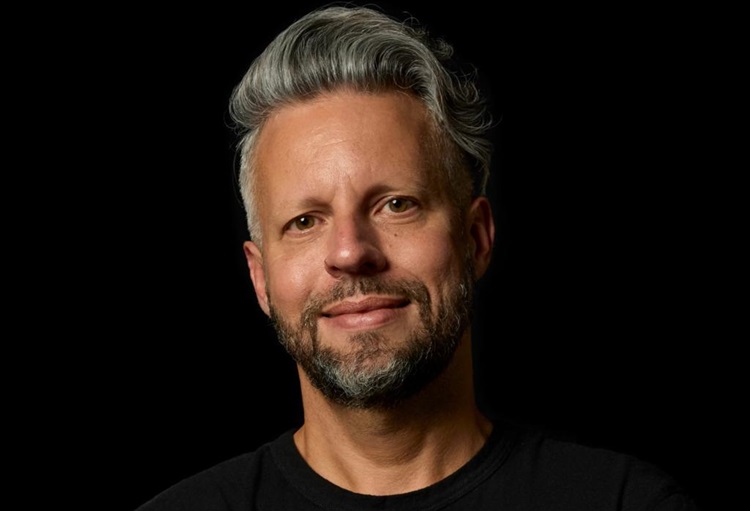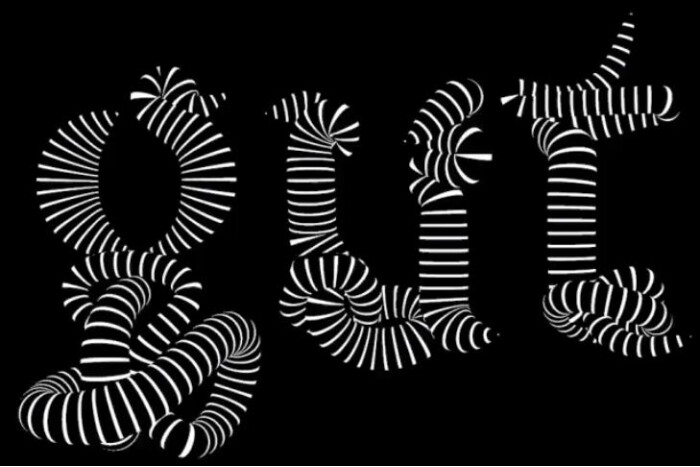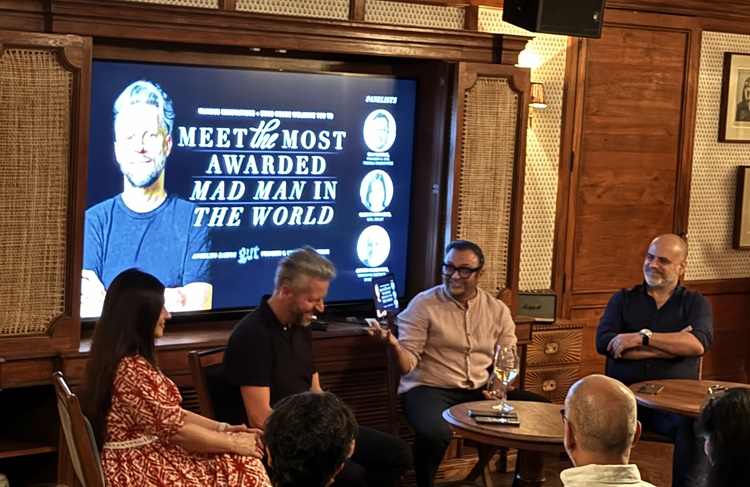It’s been quite a year for Anselmo Ramos, co-founder and chairperson, Gut, as the agency he and his partner Gaston Bigio founded in 2018, bagged the ‘independent network of the year’, its Buenos Aires office won the ‘agency of the year’ and ‘independent agency of the year’ at the Cannes Lions International Festival of Creativity in June. Five months later, Gut was in the news again, as it was acquired by Globant, a technology company which was its client in November.
Ahead of Ramos’ visit to India next week, Campaign India caught up with him to discuss the year, plans to open in India, what he thinks of the Indian advertising industry and more…
Edited excerpts:
In five years you've gone from creating your agency, winning agency of the year at Cannes, and now selling to Globant. How did you go about this?
Our goal was to become the best in the world from the very beginning. Dreaming big and dreaming small requires the same amount of energy. We always said that our vision was to become the most diverse and influential agency in that order. Diversity helps with creativity and top creativity leads to us being influential.
In January 2020, I tweeted a 10-year plan and I said that by 2023, we would become the agency of the year at Cannes. It’s insane that it happened. I believe in the power of ‘The Secret’, which I believe is a very cheesy book but it has a message about manifestation. That (winning agency of the year at Cannes) was our vision.
Was the sale in 2023 also manifested then?
I’ll go back a bit for this. Starting Gut as a 100% independent agency was crucial. It was self-funded by Gusto (Gaston Bigio) and me. We took a second mortgage on our houses to fund it because we wanted to be independent then.
We had thoughts about selling one day. Gusto was more open to it than I was. We had some approaches from different groups but it never felt right.
This (Globant) was completely different. They were our clients and we’ve been working with them for three years. It’s not very common for a client to acquire its agency. The partnership with Globant is unique and strategic. We know each other and we have shared values and common goals. We’re from Latin America too and have a lot of things in common. It made sense to put together creativity and tech like never before.
To answer your question, it happened a little earlier than we thought. Things changed on that Friday night in Cannes when I was holding the award for the independent network of the year. That’s when I thought we were closing a chapter. We went from zero to independent network of the year in five years and thought it was time to look for the next five years. In the same way that our full independence was crucial for the first five years, our partnership with a tech company will be crucial for the next five.
You mentioned how a partnership with a tech company will be crucial for the next five years. How do you see creativity and tech grow together? What comes first, the tech or the creative idea?
It depends on the idea. Sometimes an idea doesn’t need technology and sometimes it’s born with technology at the core. Before our partnership with Globant, when we needed the tech, we had to look outside the agency to work with external partners. Now we have more freedom to come up with any kind of idea and we can execute anything with them.
We always say that the idea drives everything – the budget, the media, the execution.
You also mentioned that the award was what made sure you wanted to get in that external investment. Do you think it’s imperative for independent agencies who are looking for investment to do well at the likes of Cannes and other award functions to catch the eye?
I hope Gut can serve as an inspiration to every independent out there especially because it’s from a market outside the USA or UK. I’m originally from Brazil. Yes, our head office is in Miami but I became American. Gusto is from Argentina too.
We want other independent shops worldwide to see what’s possible. I grew up in Sao Paulo in a middle-class family and could hardly speak English, but here we are. We hope we can serve as an inspiration.
Independent agencies need to dream big, work hard and believe in the power of creativity because the reason we grew so fast was because we focussed on it. We always said Gut is a brave agency for brave clients. It’s about doing great, brave work. Everything else is a consequence of that. The awards are not the end goal. We wanted to do work that influenced society and that ended up winning the awards. The awards are a very important measurement though.
It’s been around two months since the acquisition. How has life changed for you and the staff?
We follow this motto ‘Gut is now gutsier with Globant’. That sums it up for us. The partnership allows us to become more of ourselves. It’s not a merger – it’s a partnership. It’s not a cost-cutting measure we see in a typical holding company acquisition. Gut will keep being operated independently with the same leadership team and that’s important.
What’s happened is that we are making more decisions faster because we have the backing through more support and resources. I think 2024 will be an amazing year because it’ll be our first full year of being gutsier with Globant.
You're going to be in India next week. What brings you here?
I’m coming to India for a holiday. Raj Kamble (founder, Famous Innovations) and I used to be a team in the early 2000s at Lowe New York. We were the only foreigners in the team then. That made us different. We worked hard and discussed ideas all the time. We instantly connected as a team. India and Brazil are so similar in many ways. Our cultures have commonalities. We (Raj and I) won a big award for Stella Artois together at The One Show.
He’s been inviting me to come to India every year. Now it’s finally happening.
I’m excited to be there and get to know people from the market through the talk in Mumbai on the 27th.

When you think of Indian advertising, what do you associate it with? What do you think are the strengths here?
I started getting more exposure to the Indian advertising industry when I was working with Ogilvy from 2007 to 2014. I met Piyush Pandey (currently, chief advisor Ogilvy) who was part of the global creative council during the time. I remember during those years India did some amazing work for Lifebuoy (Help a Child Reach 5) and Ariel (Share The Load).
I’ve always loved that kind of work. It was a very local insight based on the culture, but the work could travel globally.
India is so big and impactful right now. Bollywood is bigger than Hollywood right now. Of course, there’s local advertising which doesn’t need to travel, but sometimes when you find the local insights that travel, it’s powerful because the message goes global. Not every country knows how to do that but India has that superpower.
Any plans to venture into India and add to the seven offices you currently operate?
We plan to achieve global domination. Right now we have seven offices in six countries. We’re still a young agency.
Now we’re starting our move to Europe and Asia. Amsterdam was our first office in Europe. Further expansion is going to be a process. Now, with Globant we can expand faster because we have that support.
About India in particular, it depends on client opportunities. As we grow, we are working with global brands and projects. India is an important market for sure. We have the social media handle ‘Gut Mumbai’ ready. On the very first day, when we opened up we reserved handles for Gut across the world.
Among the seven cities you currently operate in - which ones are the biggest in terms of size and revenue?
Sao Paulo is the biggest one because we also run media operations. We have 200 members working there. It’s followed by Miami and Buenos Aires.
Remuneration is a big challenge for agencies and that's why we're seeing staff moving out to other industries. How can the industry solve this?
Agencies are to blame partly for this. If agencies are not doing good work and not having fun, junior talent will leave. You can’t blame tech companies for stealing talent and agencies love blaming the former because they love excuses. You hear things like ‘my client sucks’, ‘my client doesn’t have money’ and ‘tech companies are stealing my talent’.
My questions are: What are you doing to keep the talent? Do you have the right culture or the environment to keep the talent?
If you’re doing those things right, the talent might end up staying. The problem is that agencies don’t have a clear positioning, why they exist, what kind of work they want to do, what clients they want to attract, and what kind of talent they want, but end up selling brand positioning to their clients.
We treat Gut as a brand. We have a brand book, brand values and treat our culture seriously. When you have a strong culture, it’s harder for talent to leave because they’re having fun and producing great work.
We’re also seeing talent go to tech companies and returning to the agency world too.
Would ‘dream big’ be your one piece of advice for those looking to go your route?
Yes, and that’s because most people don’t get ‘there’ because they don’t know what ‘there’ is. You need to set the goal and then work your ass off to achieve it. If you don’t have a goal, you don’t know what you’re doing.
Another piece of advice is that if you are in the advertising world, love it instead of being cynical about it. I don’t get this. If that’s your profession, love it. Love is our engine. It’s about loving ideas, loving advertising, and loving our clients and brands.



